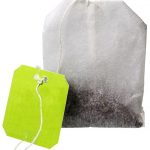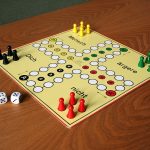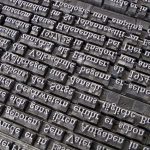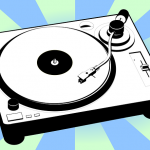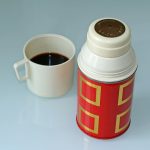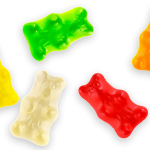If you are learning or teaching German, you will certainly wish to familiarise yourself with facts about Germany, Switzerland and Austria. We are talking here about Landeskunde which includes culture, lifestyle and many other information on land and people. There are many web pages that enable you to do so.

GERMANY
There is a portal with up-to-date statistics, facts and information about Germany: Tatsachen über Deutschland. You can read it in numerous languages (including Turkish, Chinese etc.) and you can choose to find out more about the German history, society, life-style, culture, media, education, politics etc. There is also a version of this site for young people: Tatsachen über Deutschland für Jugend which is also available in several foreign languages. A PDF version of both sites is available which is very convenient.
Also up-to-date facts and news about Germany can be found at deutschland.de. The site is available in several languages.
There are also some other materials about Germany – for kids and teenagers – however, they are available only in English, like germany.info for teens and germany.info for kids
The Young Germany portal provides many useful information in English. This is the right place for you if you plan to study or work in Germany.
Goethe Institute also has also created an interesting material – in as many languages as you can imagine: In Deutschland leben This site prepares you for living in Germany.
If you prefer videos about the every day life in Germany, feel free to use the episodes Das Deutschlandlabor producedby DW (Deutsche Welle).

SWITZERLAND
The swissinfo.com portal provides you in 10 different languages with latest news from Switzerland. Facts about different aspetcs of Swiss everyday life can be found in the Menu. Feel free to explore! However, if you would like to find out anything that you are interested in with just one click, then this is the right choice for you: Klick auf die Schweiz
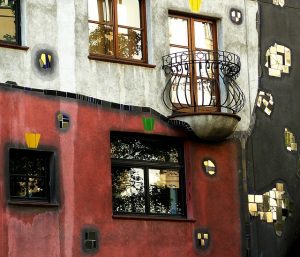
AUSTRIA
Everything that you would like to know about Austria can be found here: austria.info Information is available in different languages.
Since you now have several different sources for getting to know Landeskunde i.e. facts about German speaking countries (Germany, Austria and Switzerland), you can spend some time reading! Enjoy!






